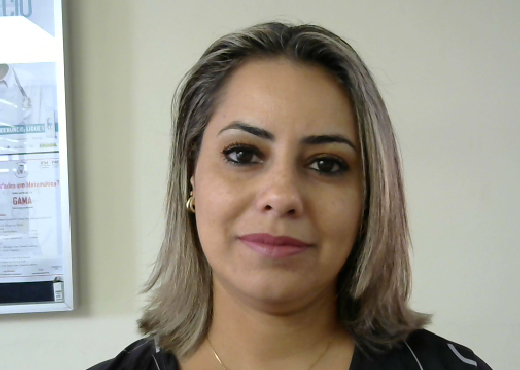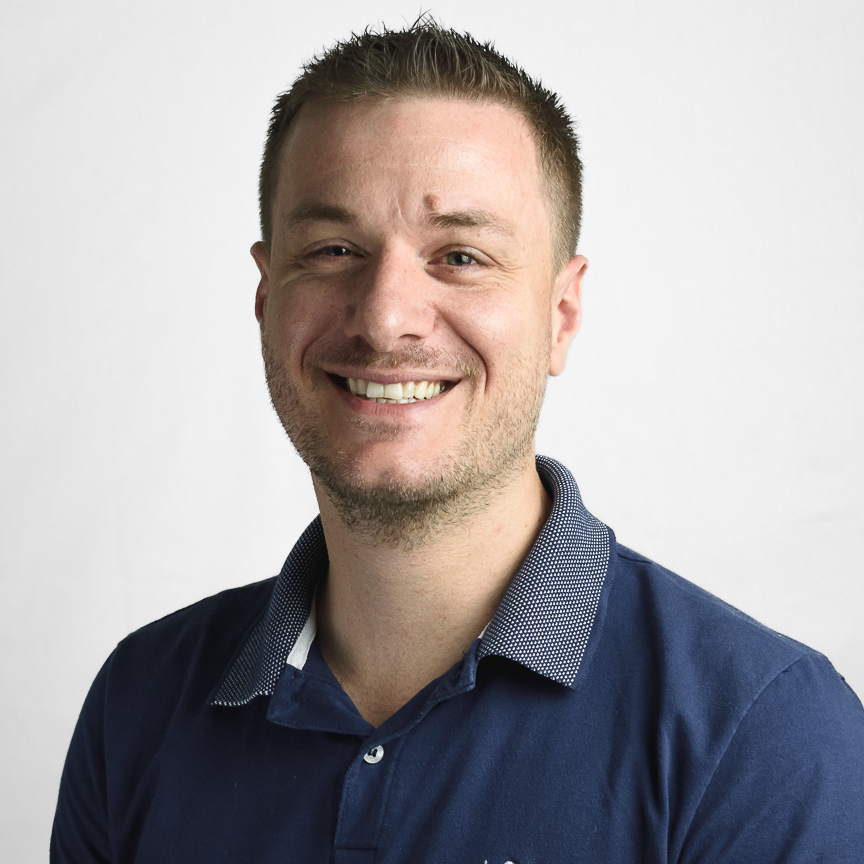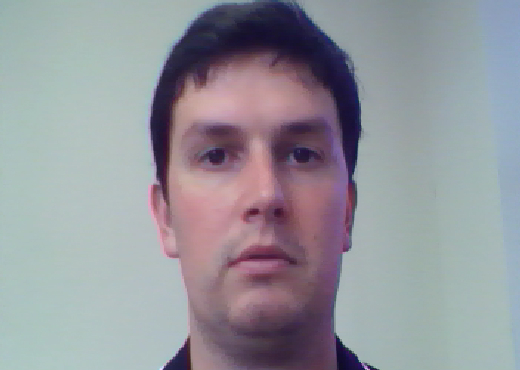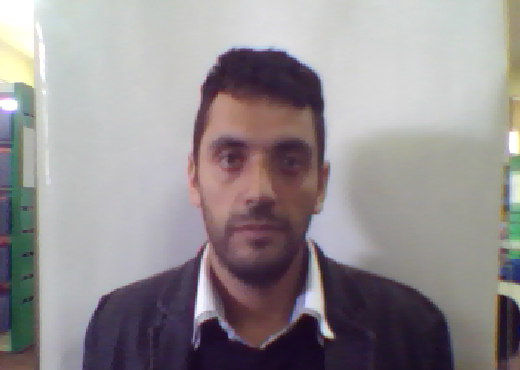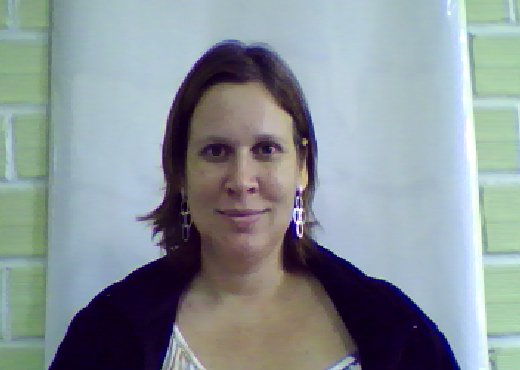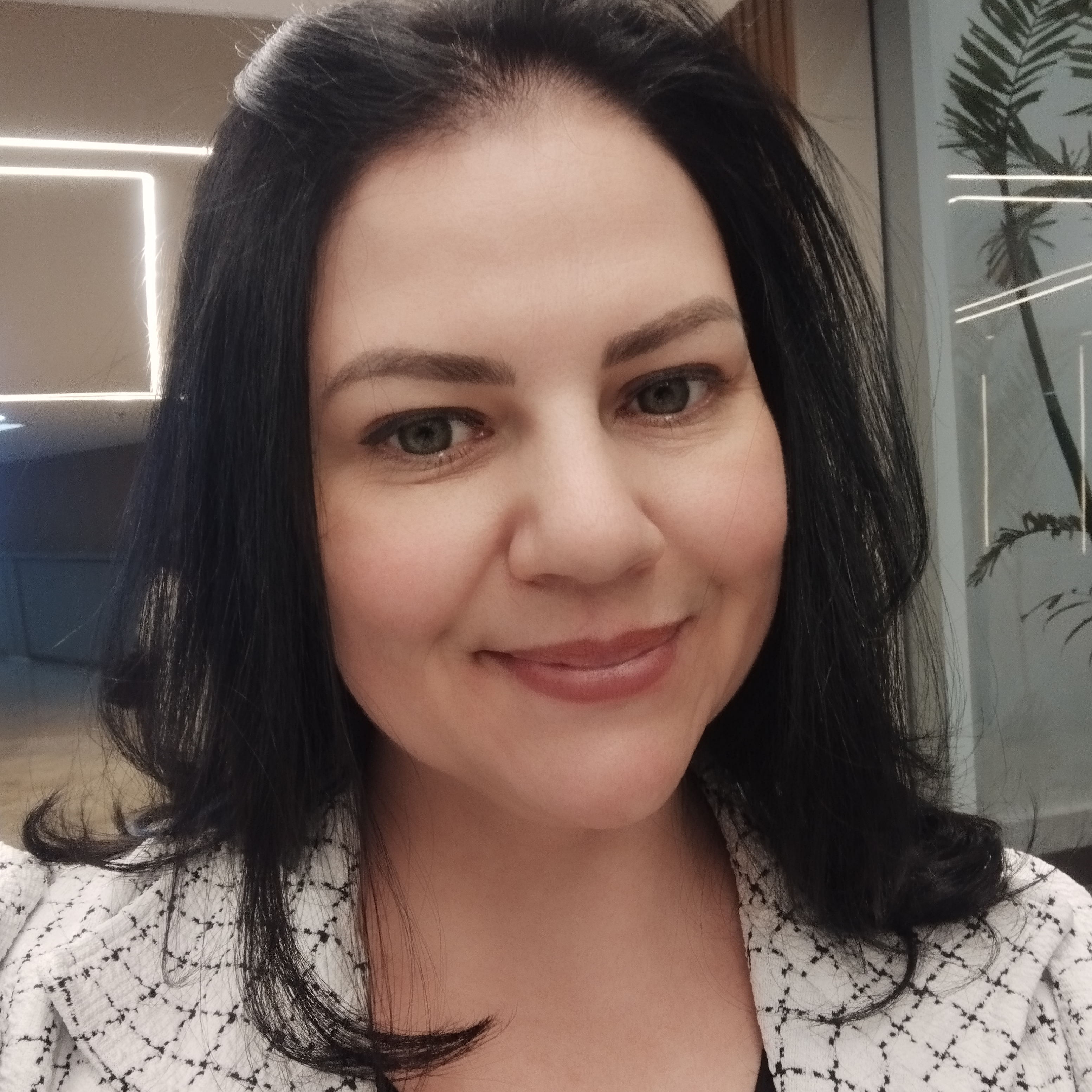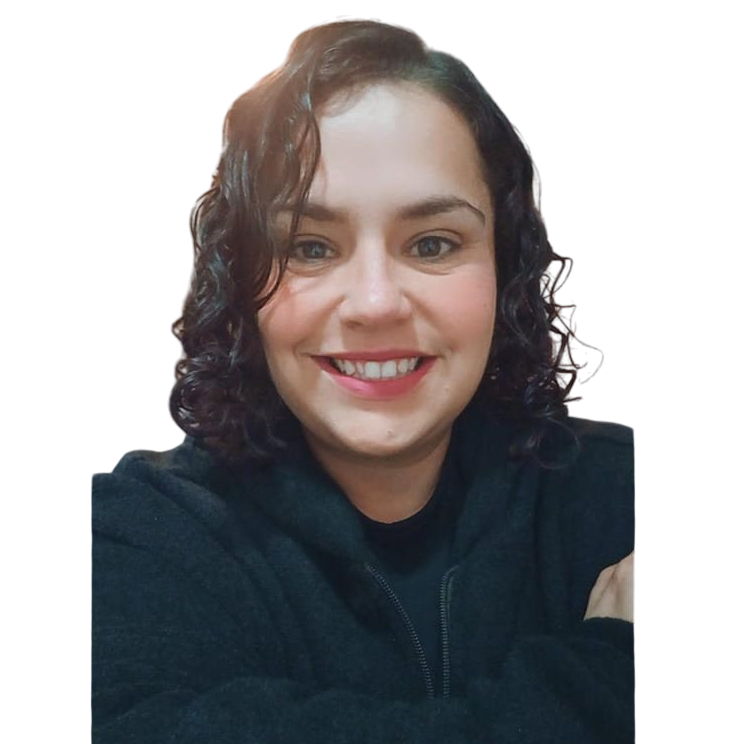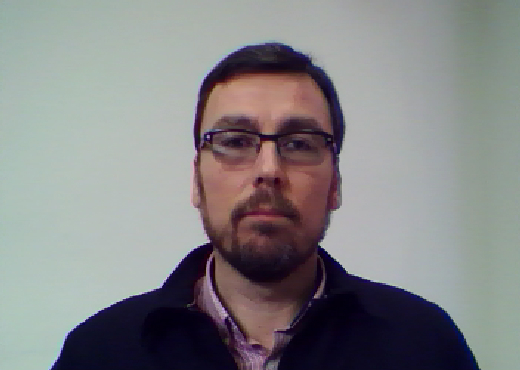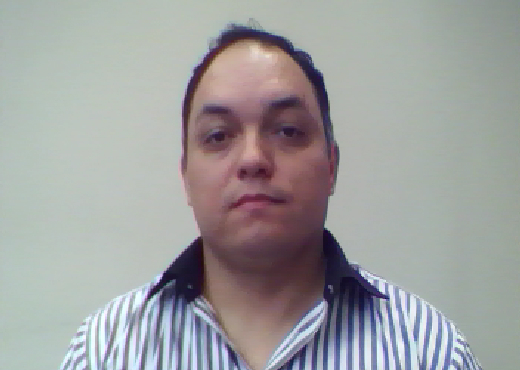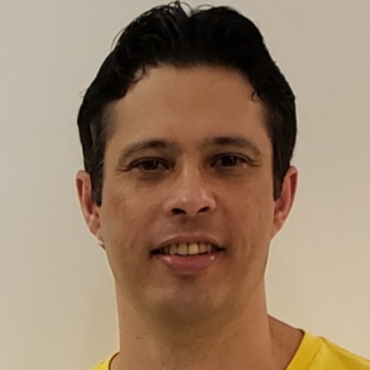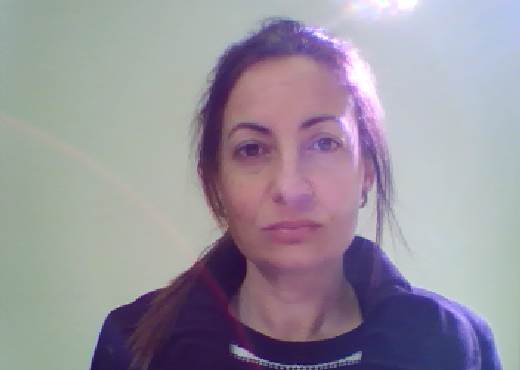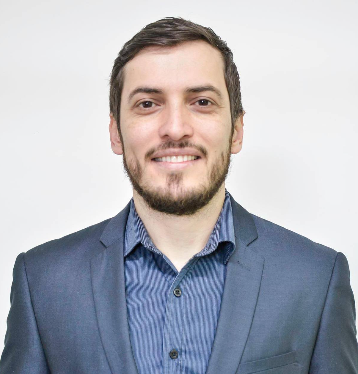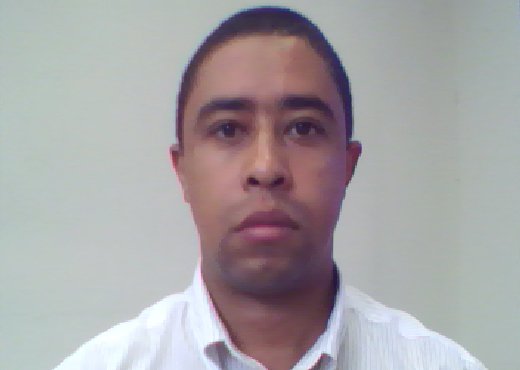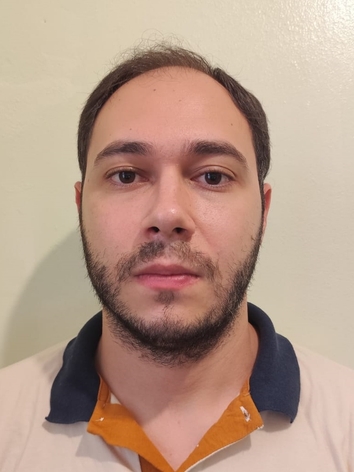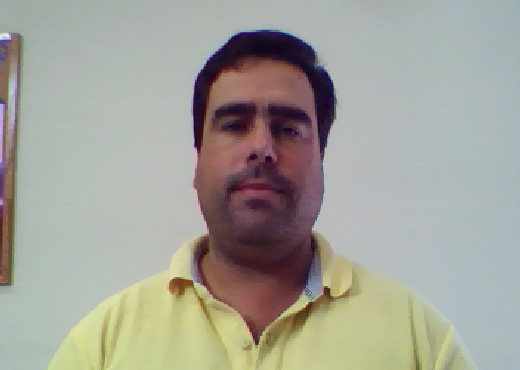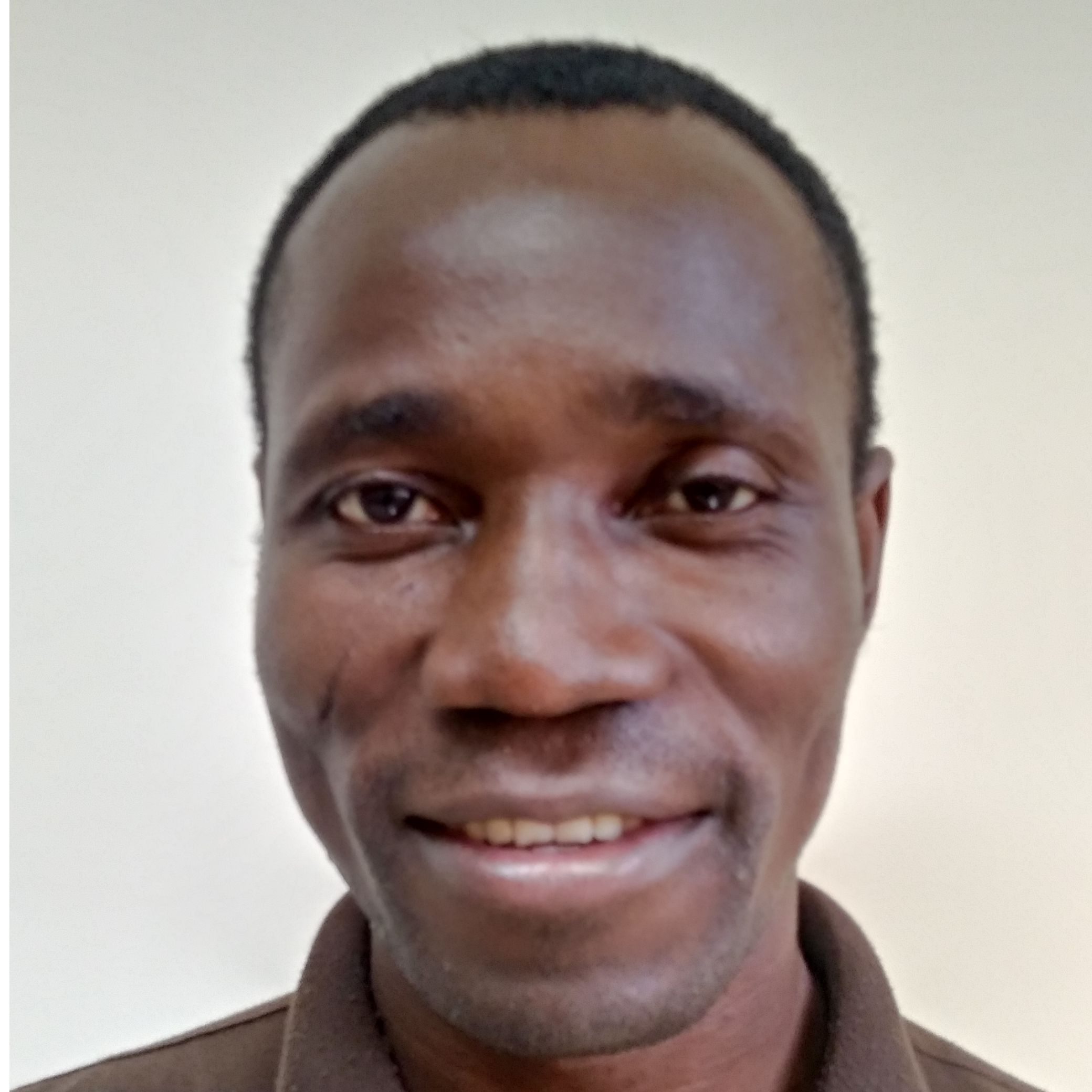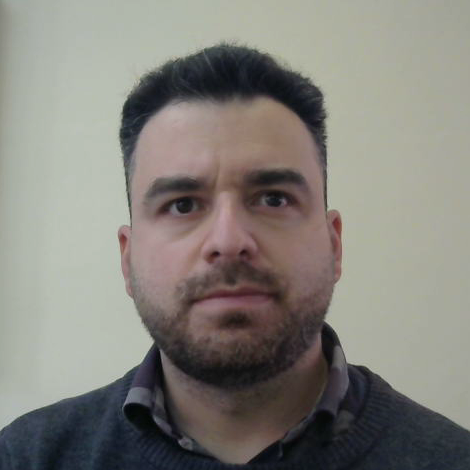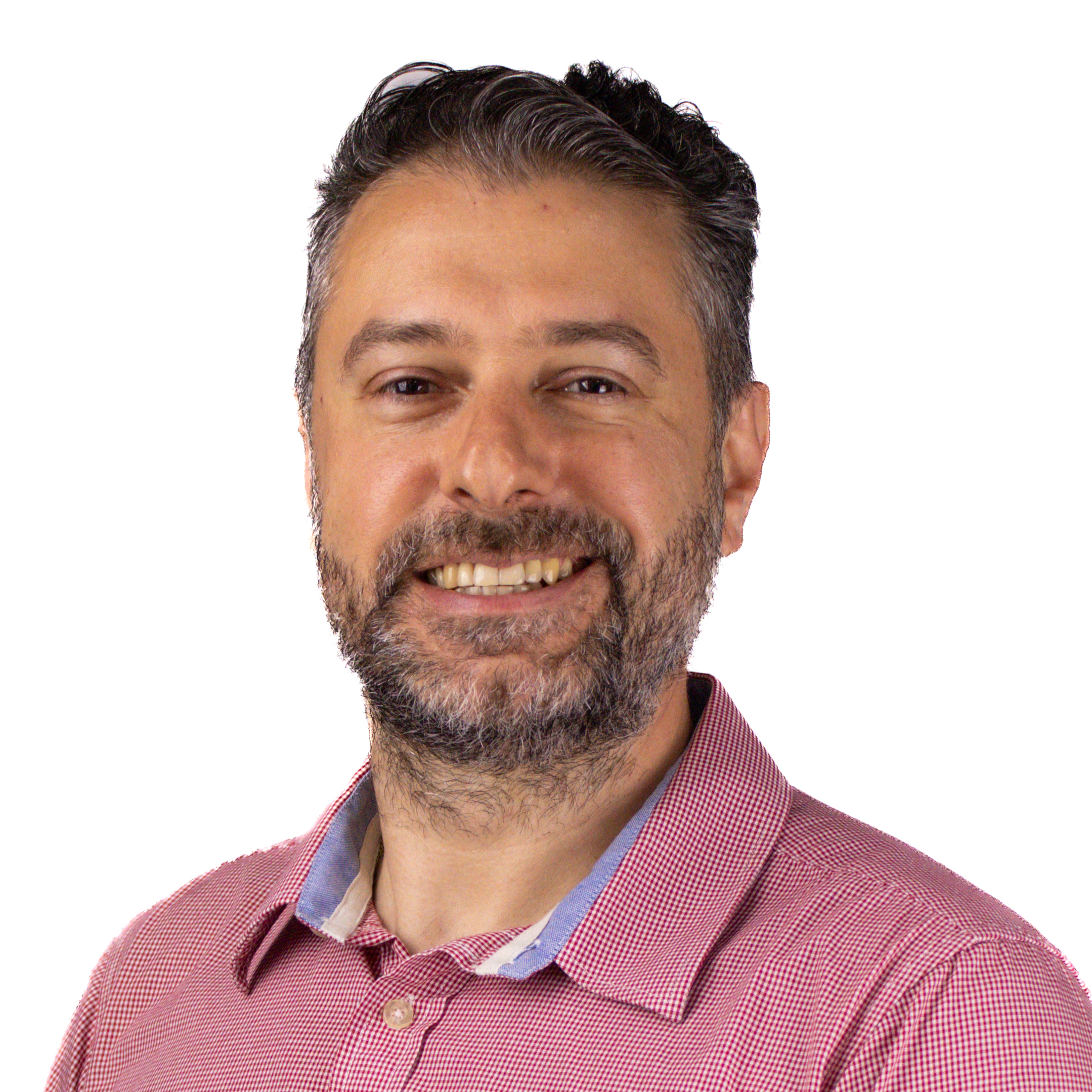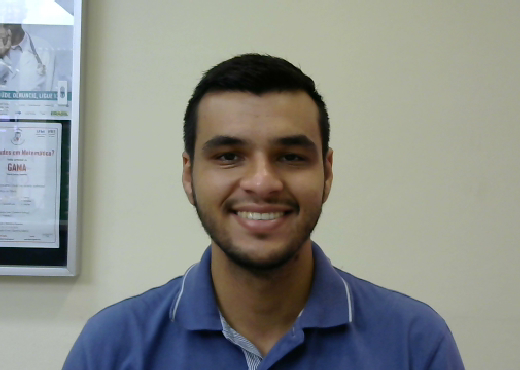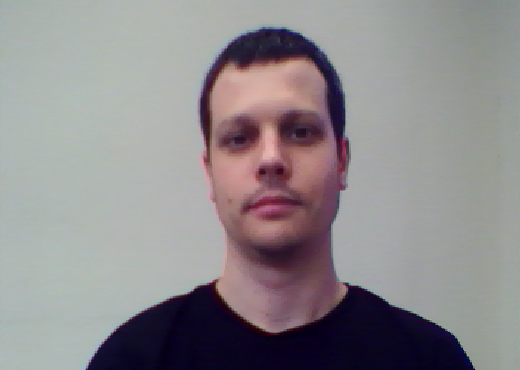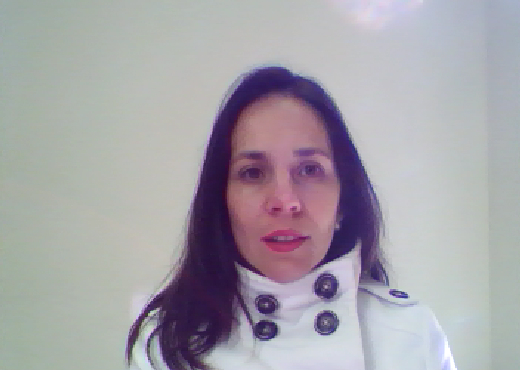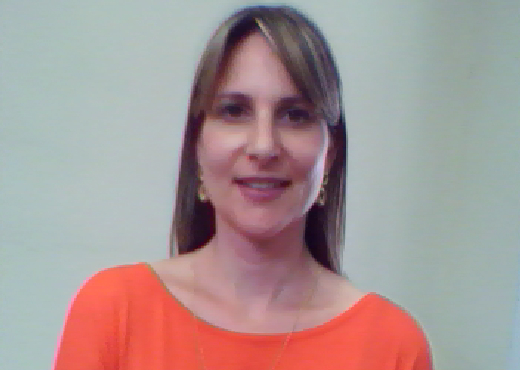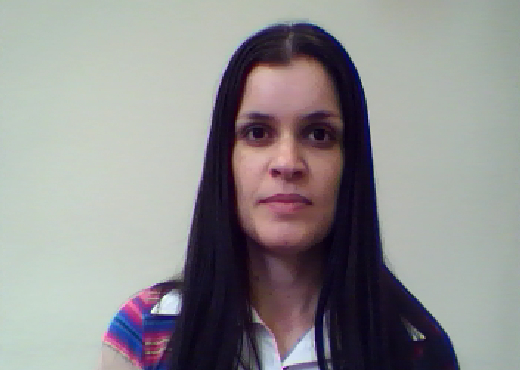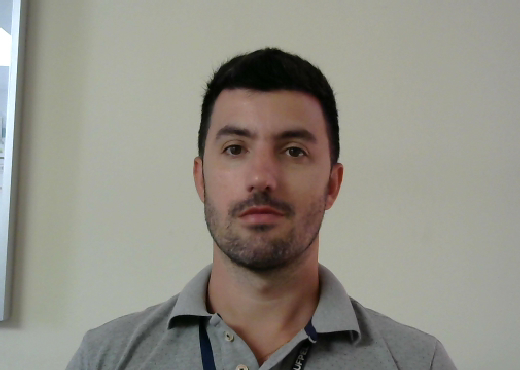Portaria MEC n. 129 de 20/02/2018 D.O.U em 21/02/2018, Seção 1, p. 19.
Apresentação
The Graduate Program in Environmental Sciences at the Federal University of Pelotas proposes the development of Research and Extension Projects aimed at environmental conservation (soil and water). These initiatives encompass the preservation of natural resources, pollution control, restoration of degraded and impacted areas, and environmental education. The Research and Extension Projects will focus on enhancing the quality of the environment through the advancement of innovative and advanced technologies. Additionally, Environmental Education Projects will contribute to increased knowledge and awareness among the population regarding proper practices in waste management.
The existence of a Doctoral Program in the socio-environmental domain is of paramount importance for cultivating professionals with a high level of specialization, diverse skills, the ability to develop new technologies, and proficiency in human resource development in the environmental field. In this context, with the goal of enhancing the qualifications of professionals in the environmental sector, the Graduate Program in Environmental Sciences aims to produce highly qualified individuals with an interdisciplinary approach to environmental issues.
Área de Concentração
The Graduate Program in Environmental Sciences (PPGCAmb) is situated within the concentration area of Environmental Sciences, which is a multidisciplinary and comprehensive field aimed at studying, researching, and comprehending the intricate interactions between natural and anthropogenic components of the environment. This domain plays a pivotal role in seeking solutions to contemporary environmental challenges, including biodiversity conservation, climate change mitigation, sustainable management of natural resources, and the enhancement of quality of life for populations. Through interdisciplinary research, this field aims to understand the impacts of human actions on the environment and develop strategies to promote environmental sustainability and resilience. Furthermore, Environmental Sciences aspire to educate professionals capable of making informed decisions, contributing to more sustainable public policies and business practices. The interdisciplinary nature and scope of this field reflect the complexity of current environmental issues and the need for a holistic approach to safeguard and preserve our planet.
The concentration area in Environmental Sciences encompasses scientific research themes related to both environmental and systematic analyses of biodiversity, as well as the development of technologies for production systems that are environmentally sustainable, economically viable, and socially acceptable.
Linhas de Pesquisa
Research Line: Management and Evaluation of Natural and Anthropogenic Environments
Concentration Area: Environmental Sciences Description: The Management and Evaluation line aims at conducting interdisciplinary studies of dynamics in natural and anthropized environments, as well as their relationships with society, sustainable environmental education, seeking alternatives and strategies for the management and recovery of these areas. Additionally, it aims to analyze the structure of the physical environment in various settings, along with processes of environmental impact analysis, pollution, waste of natural resources, potable water supply systems, biotechnological and epidemiological systems, and their relationships with public policies and environmental management.
The "Management and Evaluation of Natural and Anthropogenic Environments" research line in the concentration area of Environmental Sciences presents promising perspectives that can positively impact teaching, students, institutions, society, and the environment as a whole.
Faculty Perspective
Interdisciplinary Research: The interdisciplinary nature of this research line allows faculty members to collaborate on comprehensive studies addressing complex environmental challenges from different perspectives. This enriches their knowledge and experience, promoting innovation in research and the application of multifaceted approaches to solving environmental problems. Development of Innovative Projects: Faculty members have the opportunity to lead innovative research projects addressing critical issues related to environmental management and impact assessment. This not only contributes to advancing knowledge in the field but also promotes practical solutions to real environmental problems. Interinstitutional Collaboration: The research line can encourage partnerships and collaborations with other research institutions and government agencies, expanding opportunities for joint research and external resource acquisition.
Student Perspective
Advanced Training: Students choosing this research line have the opportunity to receive high-level training in the management and evaluation of natural and anthropized environments. This prepares them to tackle complex environmental challenges and contribute to innovative solutions. Practical Experience: Applied research in this research line provides students with the opportunity to engage in practical projects addressing real environmental management issues. This practical experience enriches their resumes and prepares them for careers in the environmental field. Publications and Presentations: Students can contribute to disseminating research results through publications in scientific journals and presentations at conferences, allowing them to share their findings with the academic and professional community.
Institutional Perspective
Reputation Strengthening: The presence of such a relevant research line contributes to enhancing the institution's reputation in the field of Environmental Sciences. This may attract talented students, renowned researchers, and partnerships with other educational and research institutions, incorporating sustainability principles into the institution's laboratories and buildings. Impact on Society: Research conducted in this line can positively influence the formulation of public policies related to the environment, leading to more effective environmental management practices and the protection of natural and anthropogenic environments. It can generate income for the impacted community. Contribution to Environmental Education: The research line can also contribute to the development of sustainable environmental education programs, increasing awareness and understanding of society regarding critical environmental issues. It can promote recycling of waste and sustainable water use within the institution. Partnerships with Industry and the Public Sector: The institution can establish partnerships with companies, governmental organizations, and environmental agencies to apply practical solutions resulting from research, promoting sustainability and responsible management of natural resources.
Actions of PPGCAmb Fostering this Situation
To foster the positive situation of the "Management and Evaluation of Natural and Anthropogenic Environments" research line within the Graduate Program in Environmental Sciences (PPGCAmb), it is crucial to implement strategic actions that promote the growth, excellence, and impact of research in this area. Below are some actions that can contribute to strengthening this research line:
External Resource Acquisition: Actively seek funding from funding agencies, government agencies, foundations, and also establish partnerships with companies interested in environmentally sustainable solutions. These resources can support research projects, scholarships, and laboratory infrastructure. Promotion of Interdisciplinary Collaborations: Encourage collaboration among faculty members from different areas within and outside the institution. This can be done through interdisciplinary workshops, seminars, collaborative research groups, and academic networks. Development of Applied Projects: Prioritize research projects with practical applications and a direct impact on solving environmental issues. This not only reinforces the relevance of the research but also contributes to addressing real issues. Development of Extension Projects: Create extension projects that allow students and faculty to apply their knowledge in practical actions, involving the local community in solving environmental problems and promoting sustainable environmental education. Strengthening Institutional Partnerships: Establish partnerships with other educational and research institutions, government agencies, and non-governmental organizations that share interests in the environmental management field. These partnerships can result in collaboration opportunities in research projects and resource sharing. Continuous Evaluation and Improvement: Implement an impact evaluation system to monitor the results of research and measure its impact on society and the environment. These metrics can be used to demonstrate the value of the research line and identify areas for improvement.
Research Line: Technologies Applied to Sustainable Environmental Management
Concentration Area: Environmental Sciences Description: The development and application of technologies and methodologies applied to the environment aim to develop technologies to enhance the management, treatment, reuse, and final disposal of waste; Develop technologies for the minimization, attenuation, treatment, and reuse of effluents, wastewater, and sewage; seek environmentally compatible energy and technological solutions, and also produce sustainable products and biotechnologies for the treatment and recovery of areas degraded and contaminated by various anthropogenic activities.
Perspectives for Faculty, Students, and Institutions
The creation of a research line dedicated to "Technologies Applied to Sustainable Environmental Management" within the Graduate Program in Environmental Sciences (PPGCAmb) represents a significant opportunity to strengthen both the Environmental Sciences concentration area and the institution as a whole. This research line plays a fundamental role in faculty, student, and institutional perspectives, contributing to sustainable development and the consolidation of the graduate program.
Faculty Perspective
Research and Innovation: The research line of Technologies Applied to Sustainable Environmental Management allows faculty to engage in innovative and interdisciplinary research, creating opportunities for collaborations with other departments and institutions. This enriches faculty members' knowledge and strengthens their position in the academic community. Resource Acquisition: Applied research has the potential to attract external funding from funding agencies, companies, and government organizations. This not only strengthens the program's financial position but also expands research opportunities for faculty members.
Student Perspective
Advanced Training: The doctoral program with a focus on Technologies Applied to Sustainable Environmental Management offers high-level training for students, empowering them to address complex environmental challenges and contribute to innovative solutions. Interdisciplinary Experience: Students have the opportunity to work on interdisciplinary projects that integrate knowledge from various areas. This expands their vision and problem-solving capabilities, preparing them for impactful careers in the environmental field.
Institutional Perspective
Reputation and Ranking: The inclusion of a doctoral program in such a critical area as Technologies Applied to Sustainable Environmental Management can elevate the reputation of PPGCAmb and attract national and international talents, positively impacting the program's ranking. Partnerships with Companies: The program can establish partnerships with companies interested in sustainable solutions, promoting technology transfer and the practical application of research developed. This can generate additional funding and internship opportunities for students.
Actions of PPGCAmb Fostering this Situation
External Resource Acquisition: Actively seek funding from funding agencies, companies, and government organizations to support research and the development of sustainable technologies. Promotion of Interdisciplinary Collaborations: Encourage collaboration among faculty members from different areas within and outside the institution, aiming for integrated approaches to complex environmental challenges.
Organização Curricular
Pesquisadores
Créditos necessários
Matriz Curricular
1º Semestre
2º Semestre
Professores que ministraram disciplinas no Curso nos últimos três semestres
Turmas ofertadas em 2026 / 1
Versão do Currículo: 1510 (ATUAL)
1º Semestre
| Disciplina / Professores / Horários | Turma | Vagas | Matric. | ||||||
|---|---|---|---|---|---|---|---|---|---|
| 15001082 - GERENCIAMENTO E TRATAMENTO DE RESÍDUOS SÓLIDOSProfessor responsável pela turma: ERICO KUNDE CORREA Professor Regente: LUCIARA BILHALVA CORREA Professor Regente: EDUARDA MEDRAN RANGEL Professor Regente: ROBERTA MACHADO KARSBURG Professor Regente: MAURICIO PINTO DA SILVA Horários
| EC | 12 | 23 | ||||||
| 15001054 - SUSTENTABILIDADE E GESTÃO AMBIENTALProfessor responsável pela turma: ANDREA SOUZA CASTRO Professor Regente: DIULIANA LEANDRO Professor Regente: MARÍLIA LAZAROTTO Horários
| AC | 10 | 13 |
2º Semestre
| Disciplina / Professores / Horários | Turma | Vagas | Matric. | ||||||
|---|---|---|---|---|---|---|---|---|---|
| 15001059 - CIÊNCIAS AMBIENTAIS IProfessor responsável pela turma: PASCAL SILAS THUE Professor Regente: CICERO COELHO DE ESCOBAR Professor Regente: ROBSON ANDREAZZA Horários
| PT | 10 | 18 | ||||||
| 15001060 - CIÊNCIAS AMBIENTAIS IIProfessor responsável pela turma: CICERO COELHO DE ESCOBAR Horários
| CE | 10 | 8 | ||||||
| 15001069 - DOCÊNCIA ORIENTADAProfessor responsável pela turma: ANDREA SOUZA CASTRO Horários
| AC | 3 | 2 | ||||||
| 15001069 - DOCÊNCIA ORIENTADAProfessor responsável pela turma: CICERO COELHO DE ESCOBAR Horários
| CE | 3 | 2 | ||||||
| 15001069 - DOCÊNCIA ORIENTADAProfessor responsável pela turma: EVERTON ANGER CAVALHEIRO Horários
| EC | 3 | 2 | ||||||
| 15001069 - DOCÊNCIA ORIENTADAProfessor responsável pela turma: ERICO KUNDE CORREA Horários
| EK | 1 | 2 | ||||||
| 15001069 - DOCÊNCIA ORIENTADAProfessor responsável pela turma: EDUARDA MEDRAN RANGEL Horários
| ER | 3 | 2 | ||||||
| 15001069 - DOCÊNCIA ORIENTADAProfessor responsável pela turma: FERNANDO MACHADO MACHADO Horários
| FM | 3 | 1 | ||||||
| 15001069 - DOCÊNCIA ORIENTADAProfessor responsável pela turma: LUCIARA BILHALVA CORREA Horários
| LC | 3 | 2 | ||||||
| 15001069 - DOCÊNCIA ORIENTADAProfessor responsável pela turma: MARÍLIA LAZAROTTO Horários
| ML | 1 | 1 | ||||||
| 15001069 - DOCÊNCIA ORIENTADAProfessor responsável pela turma: PASCAL SILAS THUE Horários
| PT | 3 | 1 | ||||||
| 15001069 - DOCÊNCIA ORIENTADAProfessor responsável pela turma: ROBSON ANDREAZZA Horários
| RA | 1 | 1 | ||||||
| 15001069 - DOCÊNCIA ORIENTADAProfessor responsável pela turma: RUBIA FLORES ROMANI Horários
| RR | 3 | 1 | ||||||
| 15001069 - DOCÊNCIA ORIENTADAProfessor responsável pela turma: SIMONE PIENIZ Horários
| SP | 1 | 2 | ||||||
| 15001069 - DOCÊNCIA ORIENTADAProfessor responsável pela turma: WILLIAN CEZAR NADALETI Horários
| WN | 1 | 1 | ||||||
| 15001058 - MATERIAIS E TECNOLOGIAS SUSTENTÁVEISProfessor responsável pela turma: PASCAL SILAS THUE Horários
| PT | 10 | 16 | ||||||
| 15001070 - PESQUISA ORIENTADAProfessor responsável pela turma: ANDRÉ LUIZ MISSIO Horários
| AM | 3 | 1 | ||||||
| 15001070 - PESQUISA ORIENTADAProfessor responsável pela turma: BRUNO MULLER VIEIRA Horários
| BV | 3 | 1 | ||||||
| 15001070 - PESQUISA ORIENTADAProfessor responsável pela turma: CICERO COELHO DE ESCOBAR Horários
| CE | 3 | 1 | ||||||
| 15001070 - PESQUISA ORIENTADAProfessor responsável pela turma: DARCI ALBERTO GATTO Horários
| DG | 3 | 1 | ||||||
| 15001070 - PESQUISA ORIENTADAProfessor responsável pela turma: EDUARDA MEDRAN RANGEL Horários
| ER | 3 | 1 | ||||||
| 15001070 - PESQUISA ORIENTADAProfessor responsável pela turma: LUCIARA BILHALVA CORREA Horários
| LC | 3 | 1 | ||||||
| 15001070 - PESQUISA ORIENTADAProfessor responsável pela turma: MARÍLIA LAZAROTTO Horários
| ML | 1 | 1 | ||||||
| 15001070 - PESQUISA ORIENTADAProfessor responsável pela turma: NADIA CAMPOS PEREIRA BRUHN Horários
| NB | 2 | 3 | ||||||
| 15001070 - PESQUISA ORIENTADAProfessor responsável pela turma: PASCAL SILAS THUE Horários
| PT | 3 | 1 | ||||||
| 15001070 - PESQUISA ORIENTADAProfessor responsável pela turma: ROBSON ANDREAZZA Horários
| RA | 1 | 1 | ||||||
| 15001070 - PESQUISA ORIENTADAProfessor responsável pela turma: RAFAEL DE AVILA DELUCIS Horários
| RD | 1 | 1 | ||||||
| 15001070 - PESQUISA ORIENTADAProfessor responsável pela turma: RUBIA FLORES ROMANI Horários
| RR | 1 | 1 | ||||||
| 15001070 - PESQUISA ORIENTADAProfessor responsável pela turma: SIMONE PIENIZ Horários
| SP | 3 | 1 | ||||||
| 15001070 - PESQUISA ORIENTADAProfessor responsável pela turma: WILLIAN CEZAR NADALETI Horários
| WN | 3 | 2 | ||||||
| 15001055 - TÓPICOS ESPECIAIS EM GESTÃO E AVALIAÇÃO DE AMBIENTES NATURAIS E ANTRÓPICOSProfessor Regente: JOAO CARLOS DE OLIVEIRA KOGLIN Professor responsável pela turma: EDUARDA MEDRAN RANGEL Horários
| ER | 7 | 14 | ||||||
| 15001056 - TÓPICOS ESPECIAIS EM TECNOLOGIAS APLICADAS AO MEIO AMBIENTE SUSTENTÁVELProfessor responsável pela turma: RAFAEL BELTRAME Horários
| RB | 7 | 8 | ||||||
| 15001056 - TÓPICOS ESPECIAIS EM TECNOLOGIAS APLICADAS AO MEIO AMBIENTE SUSTENTÁVELProfessor responsável pela turma: RAFAEL DE AVILA DELUCIS Horários
| RD | 12 | 4 |
Alunos Matriculados
| Nome | Ano de ingresso | Semestre de ingresso |
|---|---|---|
| ANDREWS DUARTE DA CRUZ | 2026 | 1 |
| DIÂMELA RIBEIRO COELHO | 2026 | 1 |
| GABRIEL PINHEIRO CORREA | 2026 | 1 |
| JOSIANE NOBRE PERES | 2026 | 1 |
| KAILA SCHMIDT MENDES | 2026 | 1 |
| LARISSA SILVA TEIXEIRA | 2026 | 1 |
| SHAIANE MARIA DOS SANTOS | 2026 | 1 |
| SIMARA VANIZE KUHN | 2026 | 1 |
| TAMIRES GARCIA FERREIRA | 2026 | 1 |
| AMANDA KONZGEN DOMINGUES | 2025 | 2 |
| ANA JÚLIA VOLZ DA SILVA | 2025 | 2 |
| ANDRÉA BEATRIZ SARAIVA JESKE | 2025 | 2 |
| ANTONIO CARLOS DE SÁ SILVEIRA | 2025 | 2 |
| ARIJAMA CARLOS ARIJAMA | 2025 | 2 |
| CAROLINE SCHILLER TUCHTENHAGEN | 2025 | 2 |
| DAIANE MARSILLI | 2025 | 2 |
| DANIEL MELO BARRETO | 2025 | 2 |
| HERCULANO NFONHARÉ NANQUE | 2025 | 2 |
| JESSYCA SIEMIONKO DE ANTONI | 2025 | 2 |
| LAUREN DE ARRIAL LOVATO | 2025 | 2 |
| LETÍCIA WEBER MILECH | 2025 | 2 |
| LISANDRA COSTA CUNHA | 2025 | 2 |
| LUÍZA DE PINHO BRECHANE | 2025 | 2 |
| PHILLIPE GONCALVES CARVALHO | 2025 | 2 |
| RAPHAELLA LOBO BARBOSA DE JEZUS | 2025 | 2 |
| ROBERTO RODRIGUES VIEIRA JUNIOR | 2025 | 2 |
| SAHEED OLAJIDE SALAKO | 2025 | 2 |
| SIDNEI BRAZ AFONSO | 2025 | 2 |
| TIAGO KLEINICKE DE LIMA | 2025 | 2 |
| TIAGO ROMMEL LEITE | 2025 | 2 |
| VANIZIA HELLWIG DO ESPIRITO SANTO | 2025 | 2 |
| YVES BOTSHIMBO LUANA | 2025 | 2 |
| ANDERSON CAETANO FEIRA | 2025 | 1 |
| CAMILA GARCIA GONCALVES | 2025 | 1 |
| CHARLES WEIDER SILVEIRA DOS SANTOS | 2025 | 1 |
| CINTIA BOLDT SOUZA | 2025 | 1 |
| CLAUDIA PETRY MACHADO | 2025 | 1 |
| LUIS EDUARDO TAVARES MARTINS | 2025 | 1 |
| LUIZ EDUARDO MADEIRA | 2025 | 1 |
| LUSIANE OLIVEIRA SOUZA | 2025 | 1 |
| MANOEL KABKE IGANSI | 2025 | 1 |
| MARAIZA MENDES FEIJÓ | 2025 | 1 |
| MICHELLE COITINHO DE OLIVEIRA | 2025 | 1 |
| MONIQUE BARRAZ THEIL | 2025 | 1 |
| SARA MÁRIO UAGEITO | 2025 | 1 |
| SERGIO DA SILVA LEAO | 2025 | 1 |
| SIMONE CORRÊA DE SOUZA | 2025 | 1 |
| TAMARA FLORES SALDO | 2025 | 1 |
| ANA LUCIA DE QUADROS MEIRELES | 2024 | 2 |
| CÁSSIA MARILDA DUARTE LIMA BITENCURT | 2024 | 2 |
| CHRISTIAN DA ROSA MALUC | 2024 | 2 |
| MARCO AURÉLIO DE SOUZA GIESTA | 2024 | 2 |
| NÁTALY IANE ANJOS OLIVEIRA | 2024 | 2 |
| RADMILA GRAVATO RODRIGUES | 2024 | 2 |
| SERGIO DANILO MADEIRA | 2024 | 2 |
| BERNARDO DOS SANTOS FERNANDES | 2024 | 1 |
| EBREU NANQUE | 2024 | 1 |
| LETICIA GOMES SILVA | 2024 | 1 |
| LETIÉLE ESLABÃO DO ESPÍRITO SANTO | 2024 | 1 |
| LUCIANO MARTINS TAVARES | 2024 | 1 |
| MARIANA GUERRA GOMES DE PINHO | 2024 | 1 |
| PALOMA NUNES BUENO | 2024 | 1 |
| TAINARA GOULART CORRÊA | 2024 | 1 |
| TÁSSIA PARADA SAMPAIO | 2024 | 1 |
| BÁRBARA GEOVANA MELLO HEPP | 2023 | 2 |
| ELIAS DUMMER | 2023 | 2 |
| JÚLIA CELESTINO LUÇARDO | 2023 | 2 |
| GUSTAVO LUÍS CALEGARO | 2023 | 1 |
| LIDIARA MANCILIO QUEVEDO | 2023 | 1 |
Alunos Egressos
| Nome | Ano de ingresso | Ano de conclusão |
|---|---|---|
| ADRIANE XAVIER CORTEZ | 2017 | 2019 |
| ALINE FERREIRA DE ARAUJO | 2017 | 2019 |
| BETTINA RODRIGUES MACHADO SALLABERRY | 2017 | 2019 |
| CAROLINA FACCIO DEMARCO | 2017 | 2019 |
| JOSÉ LUIS MARIA | 2017 | 2019 |
| LUCAS LOURENÇO CASTIGLIONI GUIDONI | 2017 | 2019 |
| ROMULO HENRIQUE BATISTA DE FARIAS | 2017 | 2019 |
| SAMANTA TOLENTINO CECCONELLO | 2017 | 2019 |
| TATIANA NUNES DIESEL | 2017 | 2019 |
| THAYS FRANÇA AFONSO | 2017 | 2019 |
| VANESSA FABRICA GALARRAGA | 2017 | 2019 |
| ANA LUIZA BERTANI DALL'AGNOL | 2018 | 2020 |
| ARYANE ARAUJO RODRIGUES | 2019 | 2020 |
| CAROLINA DA SILVA GONÇALVES | 2018 | 2020 |
| DAIANE KATH DALLMANN | 2018 | 2020 |
| DANIEL BRITTO DOS SANTOS | 2018 | 2020 |
| FERNANDO DA SILVA MOREIRA | 2017 | 2020 |
| HELENA DE FIGUEIREDO HAMMES | 2018 | 2020 |
| IULLI PITONE CARDOSO | 2018 | 2020 |
| LICIANE OLIVEIRA DA ROSA | 2018 | 2020 |
| LOUISE HOSS | 2018 | 2020 |
| LUIZA BEATRIZ GAMBOA ARAÚJO MORSELLI | 2019 | 2020 |
| MARCOS VINÍCIUS HENRIQUES DOS SANTOS | 2018 | 2020 |
| NATALÍ RODRIGUES DOS SANTOS | 2017 | 2020 |
| RAFAEL PRIEBE GRIEP | 2018 | 2020 |
| SILVANA BARBOSA COSTA GARCIA | 2019 | 2020 |
| SILVIA SIMÕES ADORNES | 2019 | 2020 |
| THALES CASTILHOS DE FREITAS | 2019 | 2020 |
| VANDRESSA SIQUEIRA WALERKO | 2018 | 2020 |
| VITOR ALVES LOURENÇO | 2018 | 2020 |
| AMANDA GARCIA DA CUNHA | 2018 | 2021 |
| ATILA MARTINS GOMES | 2019 | 2021 |
| DENISE DOBKE | 2019 | 2021 |
| GABRIELA TOMBINI PONZI | 2019 | 2021 |
| GUILHERME PEREIRA SCHOELER | 2019 | 2021 |
| LETÍCIA DEMARI ANTUNES | 2019 | 2021 |
| LÍLIAN DE QUEIROZ FIRMINO | 2019 | 2021 |
| LUÍS CÉSAR SALDANHA DA SILVA | 2019 | 2021 |
| MARILIA DA COSTA ALVARENGO | 2020 | 2021 |
| ANA PAULA ROZADO GOMES | 2020 | 2022 |
| ANDREZA DE ÁVILA LAUTENSCHLEGER | 2020 | 2022 |
| ARTHUR SPEROTTO PERUZZO | 2018 | 2022 |
| DENISE DOS SANTOS VIEIRA | 2020 | 2022 |
| DIENIFER ALINE BRAUN BUNDE | 2020 | 2022 |
| FABIANA FERNANDES LAROQUE | 2019 | 2022 |
| FRANTZSO PIERRE | 2020 | 2022 |
| JÉSSICA DA ROCHA ALENCAR BEZERRA DE HOLANDA | 2019 | 2022 |
| JÉSSICA TORRES DOS SANTOS | 2020 | 2022 |
| LUCAS REINALDO WACHHOLZ ROMANO | 2019 | 2022 |
| MARCELO FONSECA VARGAS | 2021 | 2022 |
| MÁRCIO FRANCISCO DENZER KRÜGER | 2019 | 2022 |
| NESTOR JOSÉ SILVEIRA DE SILVEIRA | 2020 | 2022 |
| RAQUEL LEÃO SANTOS | 2019 | 2022 |
| AGUINALDO DIDIO PISKE | 2021 | 2023 |
| ANA BEATRIZ GONÇALVES VAZ | 2021 | 2023 |
| CAREN WILSEN MIRANDA COELHO WANDERLEY | 2021 | 2023 |
| CARINA SINNOTT DUARTE | 2021 | 2023 |
| CAROLINA DA SILVA SILVA | 2020 | 2023 |
| CAROLINA PINZ MEDRONHA | 2021 | 2023 |
| DANIELA MATTOS FERNANDES | 2021 | 2023 |
| JÉSSICA EL KOURY SANTOS | 2021 | 2023 |
| JONES BITTENCOURT MACHADO | 2021 | 2023 |
| LUANA PINTO BILHALVA HAUBMAN | 2021 | 2023 |
| MAELE COSTA DOS SANTOS | 2021 | 2023 |
| MAIARA MORAES COSTA | 2021 | 2023 |
| OTTONI MARQUES MOURA DE LEON | 2021 | 2023 |
| PRISCILA PEDRA GARCIA | 2021 | 2023 |
| RUAN BERNARDY | 2021 | 2023 |
| ALEXANDRE AQUINO MORAES | 2022 | 2024 |
| ANELISE MORAIS DOS SANTOS | 2022 | 2024 |
| DÉBORA DA SILVA RODRIGUES | 2021 | 2024 |
| DIOVANA DA SILVA GUTERRES | 2022 | 2024 |
| EMANUÉLLE SOARES CARDOZO | 2022 | 2024 |
| IANUSKA RAMOS OLIVEIRA | 2022 | 2024 |
| JOSÉ ANDRÉ FERREIRA BATISTA | 2021 | 2024 |
| LARISSA ALDRIGHI DA SILVA | 2022 | 2024 |
| LUÍSA ANDINA BENDER | 2021 | 2024 |
| MARLUCI ROMEU FERNANDES | 2022 | 2024 |
| PETERSON MAXIMILLA PEREIRA | 2022 | 2024 |
| ROBERTA HOFFMANN MACHADO | 2021 | 2024 |
| ROSEANE BORBA DOS SANTOS CRUZ | 2022 | 2024 |
| SAMUEL QUIROZ ANGELO | 2022 | 2024 |
| TALITA AGUIDA DADALT | 2022 | 2024 |
| ADALICE ANDRADE KOSBY | 2023 | 2025 |
| ADRIZE MEDRAN RANGEL | 2023 | 2025 |
| AMANDA MORAIS GRABIN | 2023 | 2025 |
| D'ANDRÉA ZAMPIERI MARMITT | 2023 | 2025 |
| EDUARDA GOMES DE SOUZA | 2023 | 2025 |
| EDUARDO DOS SANTOS NUNES | 2023 | 2025 |
| EVERTON RODRIGUES ZIRBES | 2023 | 2025 |
| FERNANDA WICKBOLDT STARK | 2023 | 2025 |
| LEOPOLDO DOS SANTOS DA SILVA | 2023 | 2025 |
| MARCELO JORGE BACH | 2024 | 2025 |
| MARIELA VIEIRA PEIXOTO DA SILVA | 2021 | 2025 |
| NATALY MATOS DA SILVA | 2023 | 2025 |
| PATRICIA DE BORBA PEREIRA | 2023 | 2025 |
| PHILIPPE RIEFFEL BREIDE | 2023 | 2025 |
| SUÉLEN DE OLIVEIRA FIGUEIREDO GARCIA | 2023 | 2025 |
(*) Conceitos de curso:
Localização e contatos
- Rua Benjamin Constant, 989 Cotada
96010-020 Pelotas, Rio Grande do Sul - Horário de Atendimento:
Segunda a sexta das 14h- 20h - 53-3284-1696
- clique para ver o e-mail
- @ppgcamb/
